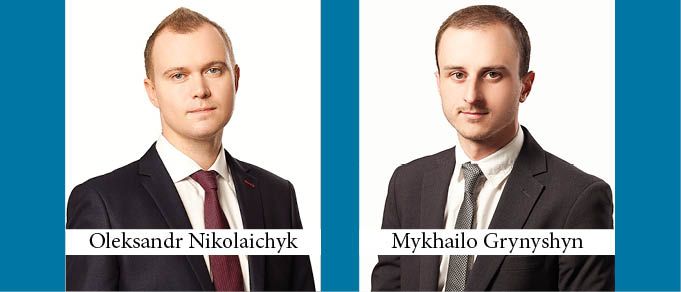After a number of important improvements to Ukrainian corporate legislation in 2017, such as the introduction of squeeze-out and sell-out procedures for joint stock companies and the concept of shareholder agreements, reform of the country’s corporate legislation is continuing, with even more significant transformations in 2018.
In particular, Ukraine’s legislative framework for joint stock companies has undergone further approximation to European directives, an entirely new law on limited liability companies has been adopted, and a new privatization law aims to bring privatization procedures closer to international M&A standards.
These developments offer new opportunities for both existing businesses and new ventures.
Joint Stock Companies
On January 6, 2018, amendments to the Law on Joint Stock Companies (the “JSC Law”) dramatically changed the rules on distinctions between public and private JSCs. After several years of efforts to bring Ukrainian public JSCs closer to the common concept of a public company, legislators have finally overhauled the approach to defining a public JSC. A public joint stock company is now a joint stock company with shares that are publicly offered and listed on a stock exchange.
Due to this new definition, the number of genuinely public JSCs has drastically fallen. The JSCs that inherited quasi-public status historically and cannot or do not wish to conform to the high requirements set by the new regulation have no choice but to change their status to “private,” which can cause complications for company activity.
Limited Liability Companies
The new Law on Limited and Additional Liability Companies (the “LLC Law”), which took effect on June 17, 2018, overhauled the legal framework for limited liability companies in Ukraine. The law finally provides opportunities for businesses to tailor the most common corporate vehicle to their needs, making the LLC not just the most widespread but also the most flexible corporate form in Ukraine. Most if not all of the LLC Law’s provisions have a twofold purpose: to make investments more secure and to make investing more flexible.
Generally, the LLC Law aims to give more discretion to participants of an LLC to organize its operation and management. Thus, the LLC Law broadened existing charter capital formation options to allow: (1) contributions into charter capital with a “share premium”; (2) debt-to-equity swaps; and (3) reinvestment of profit into charter capital. Transferring participatory interest in LLCs became easier as the approval of a general meeting and the amendment of the charter is no longer required for a new participant to be registered.
Corporate governance in LLCs was also enhanced. Notably: (1) the regulation of duties and liabilities of management was upgraded; (2) the creation of supervisory boards was allowed; and (3) general meeting procedures were improved. The general framework and default rules on qualification and approval of material transactions and the concept of related party transactions were introduced, with LLC participants free to determine the specific types and criteria of transactions requiring prior approval via a general meeting or supervisory board tailored to their specific needs.
The LLC Law also sets up a detailed procedure for enforcement of pledges of participatory interest in an LLC, thus providing grounds for the participatory interest pledge to become an efficient security instrument in corporate and financing transactions.
Finally, the limitation on the number of participants of an LLC was lifted so an LLC may now have more than 100 participants.
Big Privatization
Under the new privatization law, for the sale of large privatization objects the state will engage professional advisors with international experience (such as widely recognized investment banks), in order to prepare an informational package on the privatization object, find potential buyers, and determine a starting purchase price. The large privatization objects are subject to sale at conditional auctions, and potential buyers undergo screening for compliance with legislative requirements before qualifying to participate.
Until January 1, 2021, potential buyers have the right to opt for English law as the governing law for sale and purchase agreements (though the privatization commission has the final say on the governing law). There is also an option to choose international arbitration (by default, under the SCC Arbitration Rules) as the dispute resolution forum under the SPA.
By Oleksandr Nikolaichyk, Partner, and Mykhailo Grynyshyn, Associate, Sayenko Kharenko
This Article was originally published in Issue 5.11 of the CEE Legal Matters Magazine. If you would like to receive a hard copy of the magazine, you can subscribe here.




